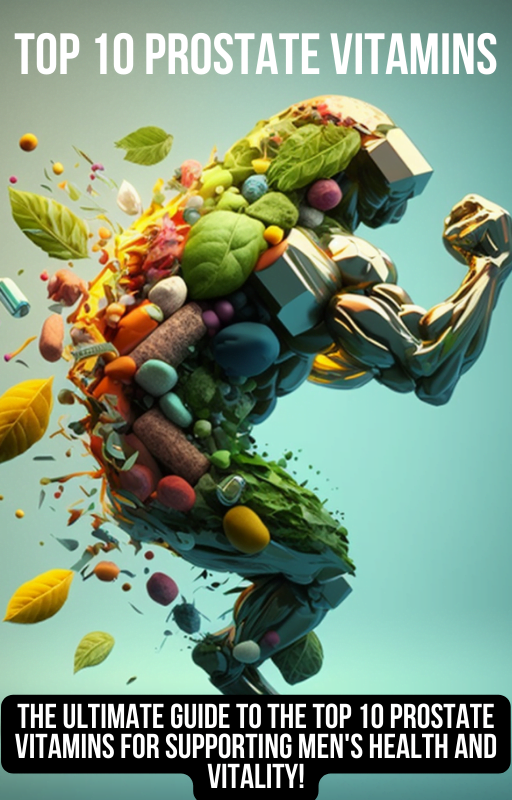# Understanding 18-Hydroxylase Deficiency: Causes, Symptoms, and Treatment Options
## Introduction
18-hydroxylase deficiency is a rare genetic condition that affects the adrenal glands. These glands produce hormones that are necessary for many functions in the body, including regulating blood pressure, responding to stress, and maintaining fluid and electrolyte balance. This deficiency can lead to a range of symptoms and can be treated in a variety of ways.
## Causes
The root cause of 18-hydroxylase deficiency is a mutation in the CYP11B1 gene, which provides instructions for making an enzyme called 18-hydroxylase. This enzyme is involved in the production of cortisol, a hormone that helps the body respond to stress. When there is a mutation in this gene, the production of cortisol is disrupted, which can lead to a range of symptoms.
## Symptomatology
The symptoms of 18-hydroxylase deficiency can vary widely depending on the severity of the condition. Some people may have few or no symptoms, while others may experience a range of symptoms that can affect their overall health and well-being. Common symptoms include:
– Low blood pressure
– Salt cravings
– Dehydration
– Nausea and vomiting
– Weight loss
– Fatigue
– Muscle weakness
– Abnormal menstrual periods
In severe cases, 18-hydroxylase deficiency can lead to life-threatening complications such as an adrenal crisis. This occurs when the adrenal glands cannot produce enough cortisol to respond to stress, such as an illness or injury. Symptoms of an adrenal crisis can include:
– Severe vomiting and diarrhea
– Low blood pressure
– Confusion or loss of consciousness
– Rapid heartbeat
– Seizures
## Diagnosis
Diagnosing 18-hydroxylase deficiency can be difficult, as the condition is rare and has a wide range of symptoms. Doctors may use a combination of physical exams, medical history, and laboratory tests to make a diagnosis. Blood tests can measure cortisol and other hormone levels and can help identify abnormal levels that may indicate a hormone deficiency. Genetic testing can also be used to identify mutations in the CYP11B1 gene.
## Treatment Options
Treatment for 18-hydroxylase deficiency depends on the severity of the condition and the specific symptoms that the individual is experiencing. In some cases, treatment may not be necessary if symptoms are mild or do not cause significant discomfort. However, in more severe cases, treatment may be needed to manage symptoms and prevent complications.
One common treatment option is hormone replacement therapy, which involves taking synthetic hormones to replace the deficient hormones produced by the adrenal glands. This can help manage symptoms such as low blood pressure and dehydration. Cortisol therapy may also be used to manage symptoms and prevent adrenal crises.
Lifestyle changes can also be helpful in managing symptoms associated with 18-hydroxylase deficiency. These can include drinking plenty of fluids, eating a balanced diet with adequate salt intake, and avoiding stressful situations that can trigger an adrenal crisis.
## Conclusion
18-hydroxylase deficiency is a rare genetic condition that affects the adrenal glands and can lead to a range of symptoms. While the condition can be challenging to diagnose and manage, there are treatment options available that can help improve symptoms and prevent complications. If you or someone you know is experiencing symptoms of 18-hydroxylase deficiency, it is essential to consult with a healthcare provider for proper diagnosis and treatment.
## FAQs
1. Is 18-hydroxylase deficiency a common condition?
– No, it is a rare genetic condition that affects fewer than 1 in 100,000 individuals.
2. Are there any long-term complications associated with 18-hydroxylase deficiency?
– In severe cases, the condition can lead to life-threatening complications such as an adrenal crisis.
3. Can 18-hydroxylase deficiency be treated with medication?
– Yes, hormone replacement therapy and cortisol therapy can help manage symptoms associated with the condition.
4. Is 18-hydroxylase deficiency a progressive disease?
– No, the condition is not considered progressive, but symptoms can worsen over time if left untreated.
5. Can lifestyle changes help manage symptoms associated with 18-hydroxylase deficiency?
– Yes, lifestyle changes such as adequate fluid and salt intake and avoiding stressful situations can be helpful in managing symptoms.


